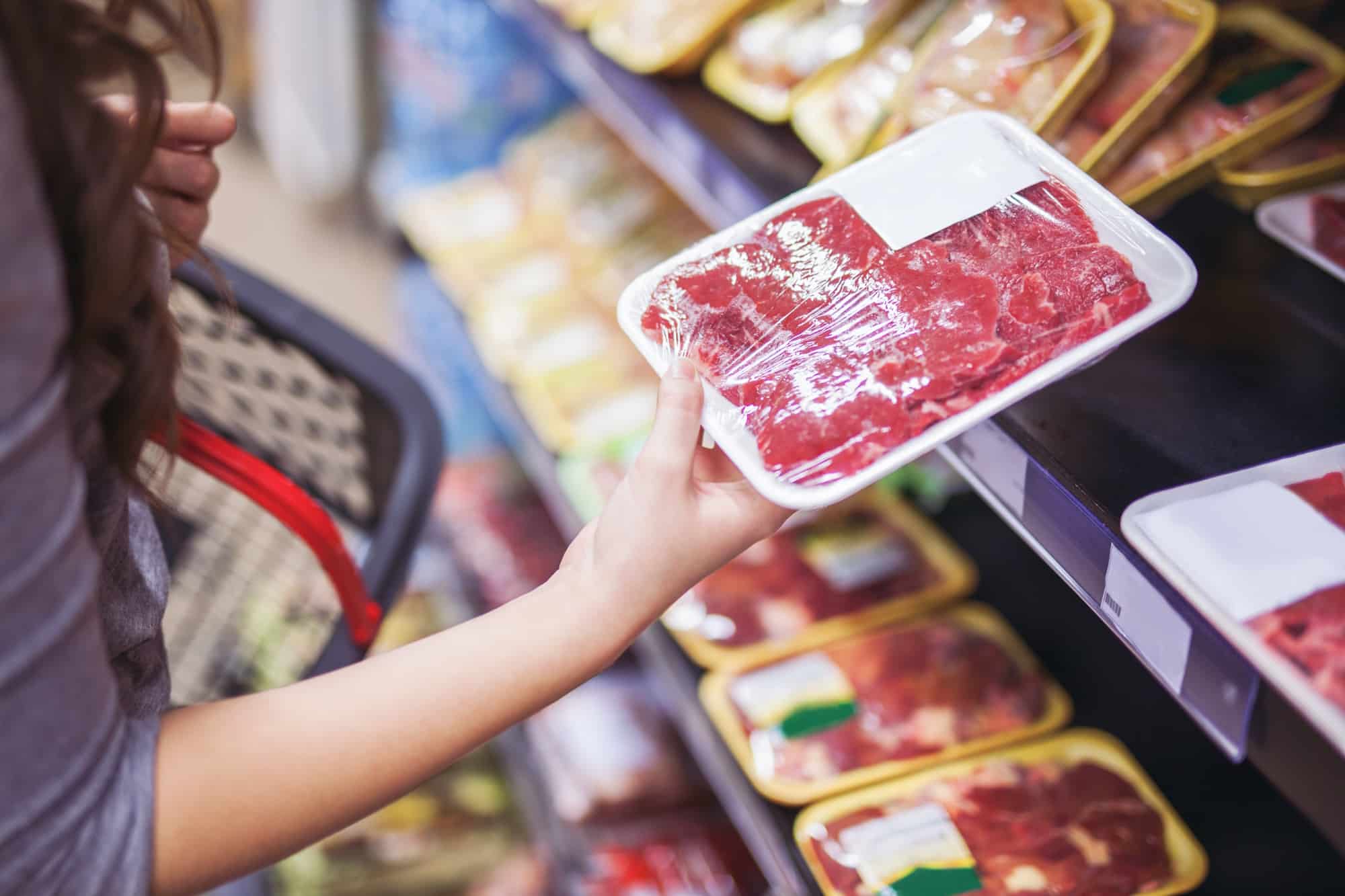
What do food labels really tell us? Food labels can be a treasure map of information, guiding us through the maze of ingredients, nutrients, and health claims. Understanding food labeling helps us make informed choices about what we eat. From calories and fat content to vitamins and minerals, these labels reveal the secrets of our favorite snacks and meals. But how much do we really know about them? Are all food labels accurate? Do they always tell the whole story? Let's dive into 23 fascinating facts about food labeling that will change the way you look at your grocery store shelves.
Understanding Food Labels
Food labels provide essential information about the products we consume daily. They help us make informed choices about our diet and health. Here are some fascinating facts about food labeling that you might not know.
-
Nutritional Information: Food labels must include nutritional information such as calories, fats, proteins, and carbohydrates. This helps consumers understand the nutritional value of the food they eat.
-
Serving Size: The serving size listed on a food label is not always the recommended amount to eat. It's a standardized amount to help compare similar products.
-
Ingredients List: Ingredients are listed in descending order by weight. The first ingredient is the most abundant in the product.
-
Allergen Information: Labels must clearly state if the product contains common allergens like peanuts, tree nuts, milk, eggs, wheat, soy, fish, and shellfish.
Decoding Expiration Dates
Expiration dates can be confusing. They indicate the freshness and safety of the food. Here are some key points about expiration dates on food labels.
-
Sell-By Date: This date tells the store how long to display the product for sale. It's not a safety date.
-
Best-By Date: Indicates when the product will be at its best flavor or quality. It's not a purchase or safety date.
-
Use-By Date: The last date recommended for the use of the product while at peak quality. This is determined by the manufacturer.
-
Pack Date: The date the product was packaged. It's useful for tracking and inventory purposes.
Health Claims on Labels
Health claims on food labels can influence purchasing decisions. Understanding these claims can help you make healthier choices.
-
Low Fat: Products labeled as "low fat" must contain 3 grams of fat or less per serving.
-
Reduced Sodium: These products have at least 25% less sodium than the regular version.
-
High Fiber: To be labeled as "high fiber," a product must contain 5 grams or more of fiber per serving.
-
Organic: Organic labels mean the product was produced without synthetic pesticides, fertilizers, or genetically modified organisms (GMOs).
Misleading Labels
Not all labels are straightforward. Some can be misleading, making it important to read them carefully.
-
Natural: The term "natural" is not strictly regulated and can be misleading. It doesn't necessarily mean the product is healthy or free of additives.
-
Multigrain: This label means the product contains more than one type of grain, but it doesn't guarantee that the grains are whole or healthy.
-
No Added Sugar: Products with this label may still contain natural sugars. It just means no extra sugar was added during processing.
-
Fat-Free: Fat-free products can still contain calories, sugar, and other unhealthy ingredients.
International Food Labeling
Food labeling standards vary around the world. Here are some interesting facts about international food labeling practices.
-
European Union: The EU requires labels to include nutritional information, ingredients, allergens, and country of origin.
-
Japan: Japanese food labels must include nutritional information, ingredients, allergens, and expiration dates. They also often include information about the food's origin and production methods.
-
Australia and New Zealand: These countries have strict labeling laws that require detailed nutritional information, ingredient lists, and allergen warnings.
-
Canada: Canadian food labels must include nutritional information, ingredients, allergens, and bilingual labeling in English and French.
Environmental Impact Labels
Some food labels provide information about the environmental impact of the product. These labels can help consumers make more sustainable choices.
-
Fair Trade: Products with the Fair Trade label are produced under fair labor conditions and environmentally sustainable practices.
-
Rainforest Alliance Certified: This label indicates that the product was produced in a way that conserves biodiversity and ensures sustainable livelihoods.
-
Carbon Footprint: Some labels indicate the carbon footprint of the product, helping consumers understand the environmental impact of their choices.
The Final Bite
Understanding food labeling can make a big difference in your health. Labels provide essential info like nutritional content, ingredients, and allergen warnings. Knowing how to read them helps you make better choices at the grocery store.
Remember, terms like "organic" and "natural" aren't always what they seem. Check for certifications and read the fine print. Also, be aware of serving sizes; they can be misleading.
Next time you're shopping, take a moment to read the labels. It might seem tedious, but your body will thank you. Whether you're looking to cut down on sugar, avoid certain allergens, or just eat healthier, food labels are your best friend.
Stay informed, stay healthy, and happy eating!
Was this page helpful?
Our commitment to delivering trustworthy and engaging content is at the heart of what we do. Each fact on our site is contributed by real users like you, bringing a wealth of diverse insights and information. To ensure the highest standards of accuracy and reliability, our dedicated editors meticulously review each submission. This process guarantees that the facts we share are not only fascinating but also credible. Trust in our commitment to quality and authenticity as you explore and learn with us.


